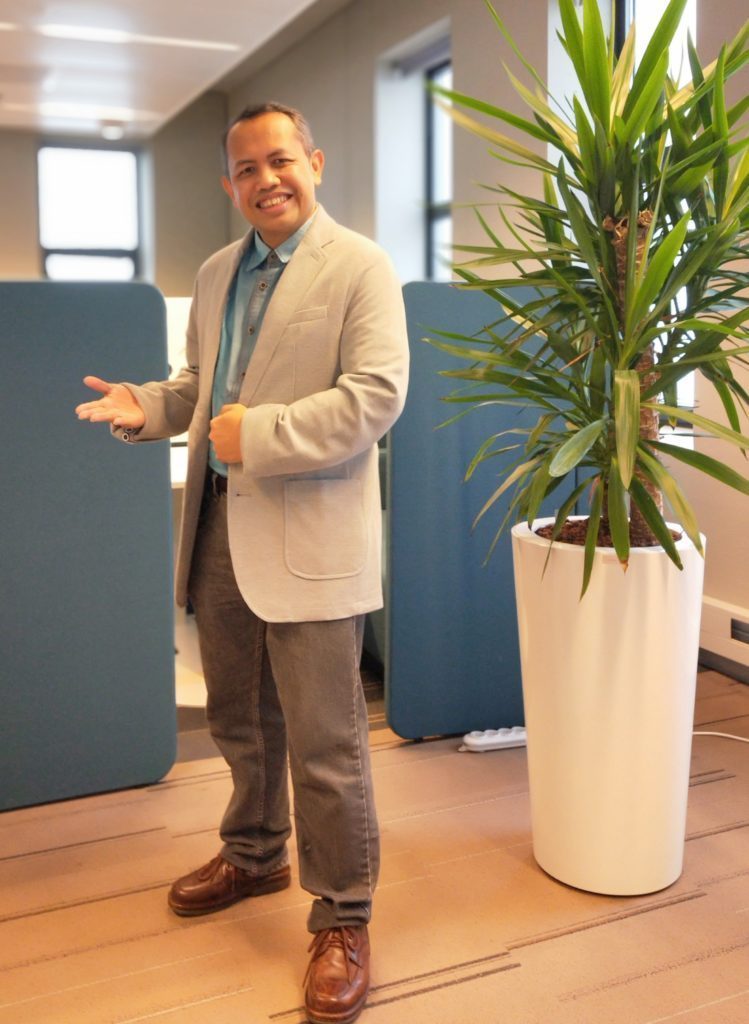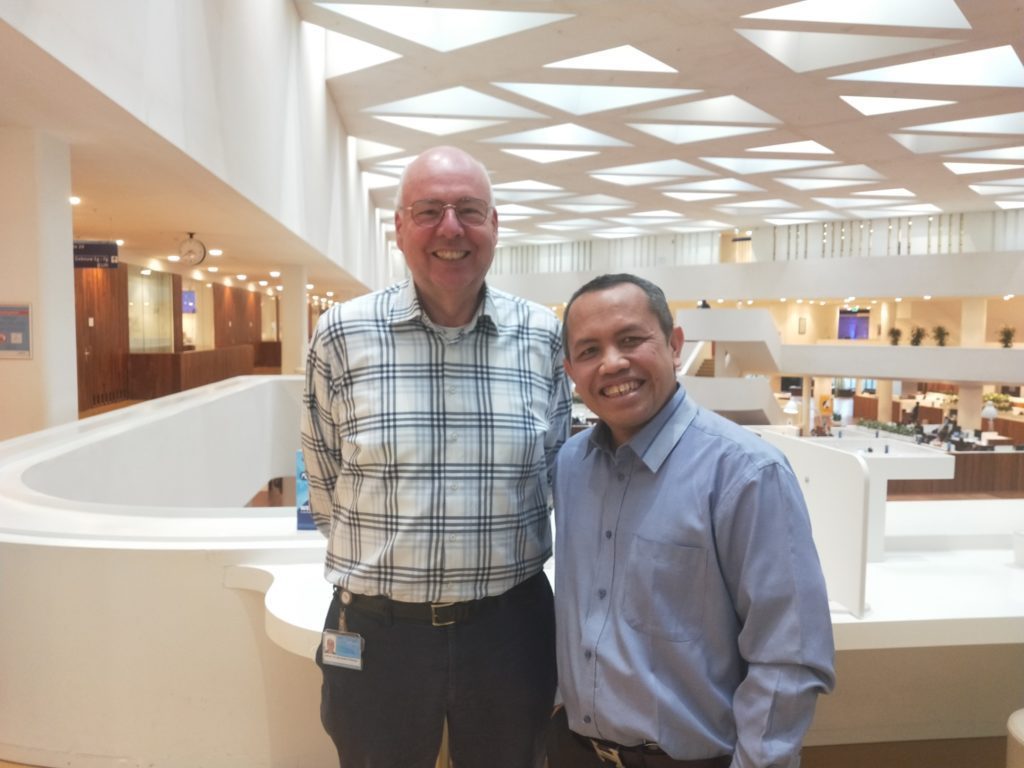By Yudhy Dharmawan
I have been a public health lecturer and researcher at Universitas Diponegoro, Semarang in Indonesia since 2008. From my own experience and literature, I know that leprosy is still an important public health problem in Indonesia. Indonesia has the third-highest number of new leprosy cases and leprosy cases with disability per year in the world, after Brazil and India.
From a systematic literature review that I did as part of my PhD studies in Rotterdam, I know that disability in leprosy is associated with a delay in detecting people with leprosy. A longer delay can worsen the disease progression, leading to peripheral nerve damage and disability of hands, feet and face, and possibly also to more transmission of the bacterium causing leprosy to others.
Currently, factors related to leprosy case detection delay in Indonesia are not fully known. Also, registering leprosy case detection delay as the main cause leading to disability of leprosy patients is not included in the leprosy programme in Indonesia. So, there is a strong need in Indonesia to study leprosy case detection delay and the factors that cause delay.

The Dutch society has always been concerned about Indonesia’s leprosy problems in the past and is still actively involved with leprosy programmes in Indonesia. I know this from history, and the leprosy hospitals built by Dutch organisations in the past still stand in many areas. Also, many field research activities are jointly implemented in Indonesia with the support of leprosy organisations in the Netherlands.
This motivates me to find out the reasons for the detection delay of leprosy and learn from the leprosy experts in the Netherlands. This led me to follow a PhD program at Erasmus MC, University Medical Center Rotterdam, and learn how to solve this problem under the supervision of Professor Jan Hendrik Richardus, who is an expert in leprosy control.
Studying in the Netherlands is also my dream since I was inspired by the story of Mohammad Hatta, who proclaimed the independence of Indonesia, which I read when I was at elementary school. It is great that I can do a PhD study at the same Erasmus University in Rotterdam at which Mohammad Hatta studied many years ago.

When I started my PhD programme with my institution’s scholarship support, I realised that I must find a foundation that can finance my field research. When I looked at the Marinus Plantema Foundation website, I found that the foundation has helped many students and others from Indonesia in their education or project. Together with my supervisor in Rotterdam, I prepared my research proposal for the Marinus Plantema Foundation. Praise to The Lord! My proposal was accepted soon after I submitted it to the Marinus Plantema Foundation. This is happy news I received a week before Christmas 2021. I believe this is a Christmas gift to me.
This study will be the first to establish the duration of the case detection delay of leprosy in Indonesia. This information can give guidance to the National Leprosy Programme of Indonesia. This study will identify factors associated with delay and will help me to develop a statistical model to analyse the contribution of each factor to leprosy case detection delay in Indonesia. This result will help the National Leprosy Programme to plan effective interventions to reduce case detection delay, reduce the transmission of the disease and prevent disability caused by leprosy.
The output of this study is at least one scientific article published in an international peer-reviewed journal and a written recommendation to the National Leprosy Programme in Indonesia.
The funding from the Marinus Plantema Foundation for my research is essential for my PhD study and to the leprosy programme to decrease the leprosy case detection delay in Indonesia. I know that leprosy is considered a neglected tropical disease, but it is not meant to be neglected, especially in my lovely country, Indonesia. I hope I can contribute modestly to the leprosy programme to reach “zero leprosy” as part of the global leprosy programme of the World Health Organization.
Many thanks to the Marinus Plantema Foundation for supporting my PhD field research!!